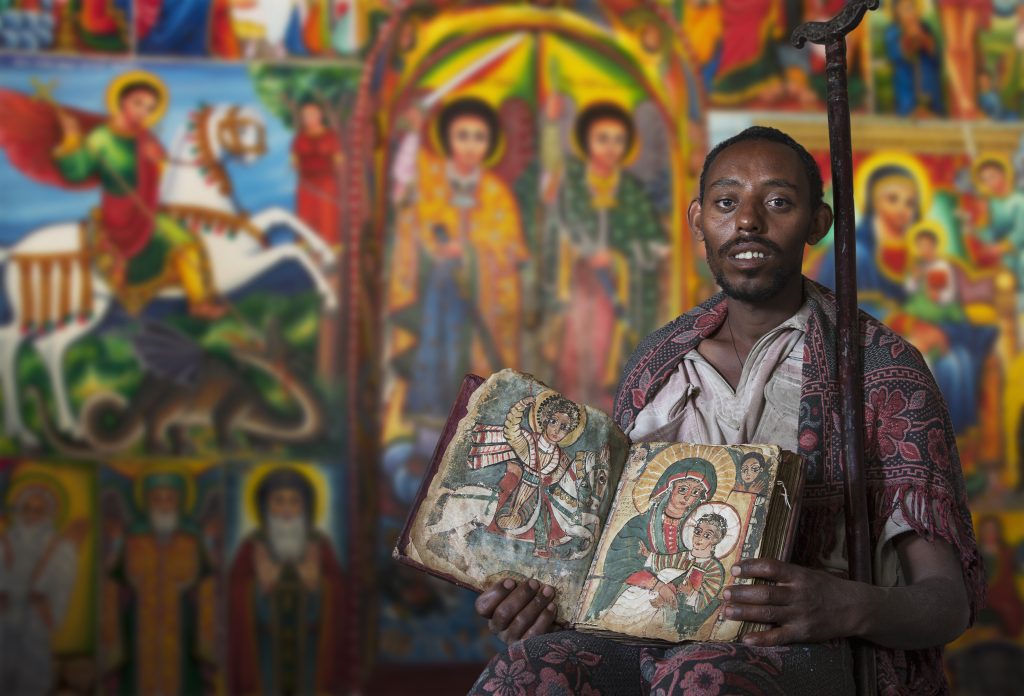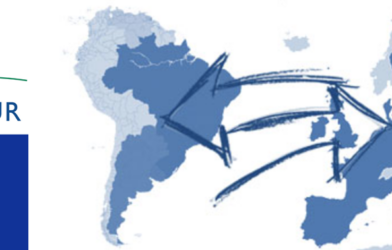Long before Europe’s great medieval kingdoms rose and before Islam swept across the Middle East, an African empire stood at the crossroads of trade, religion, and innovation. The Kingdom of Aksum—now part of modern-day Ethiopia—was once one of the most powerful civilisations in the world. Yet few today know its name.
A Superpower of the Ancient World
At its height between the 1st and 7th centuries CE, Aksum controlled much of present-day Ethiopia, Eritrea, Sudan, and even parts of Yemen. Its capital city, Aksum, became a hub for merchants moving between the Roman Empire, India, and Arabia.
Gold, ivory, spices, and exotic animals flowed through Aksumite markets. In return, Aksum imported glassware, silk, and wine. Its powerful navy and advanced port at Adulis gave it dominance over the Red Sea trade.
Aksum was even mentioned by 4th-century Persian writers as one of the four great powers of the time—alongside Rome, Persia, and China.
Engineering and Architecture
The Aksumites left behind something extraordinary: giant obelisks carved from single pieces of granite, some rising over 30 meters tall. These towering stelae marked the tombs of kings and nobles, showcasing the empire’s engineering mastery.
The most famous, the Obelisk of Axum, was taken to Italy during Mussolini’s occupation but later returned to Ethiopia. Today, it stands as a proud symbol of an empire lost—but not forgotten.

The First Christian Empire in Africa
In the early 4th century CE, Aksum became one of the first major empires to officially adopt Christianity, just before the Roman Empire. King Ezana converted to the faith, and Christianity became deeply embedded in Ethiopian identity, surviving centuries of regional upheaval.
This early embrace of Christianity made Aksum a spiritual beacon and connected it with Christian communities as far away as Byzantium.
What Happened to Aksum?
By the 7th century, Aksum’s power began to fade. The rise of Islamic empires cut off its access to trade routes, while environmental changes—including deforestation and soil degradation—weakened its agriculture.
Eventually, the empire’s center shifted south into the Ethiopian highlands, giving rise to later kingdoms. Aksum never fully disappeared, but it slowly faded from global view.

Legacy That Lives On
Though not as well known as Rome or Persia, Aksum’s legacy lives on in Ethiopia’s culture, religion, and architecture. It was a civilisation that connected continents, merged spiritual traditions, and left behind monumental traces in stone and story.
Today, the ruins of Aksum remind us of a time when Africa was not just part of history, but leading it.














